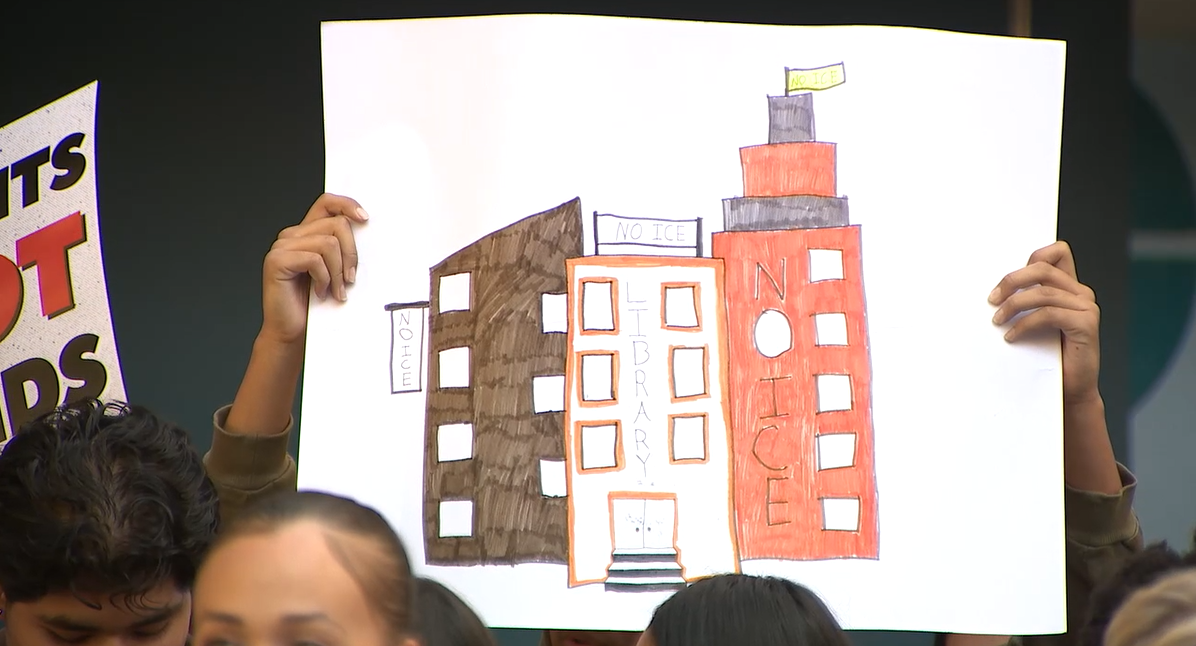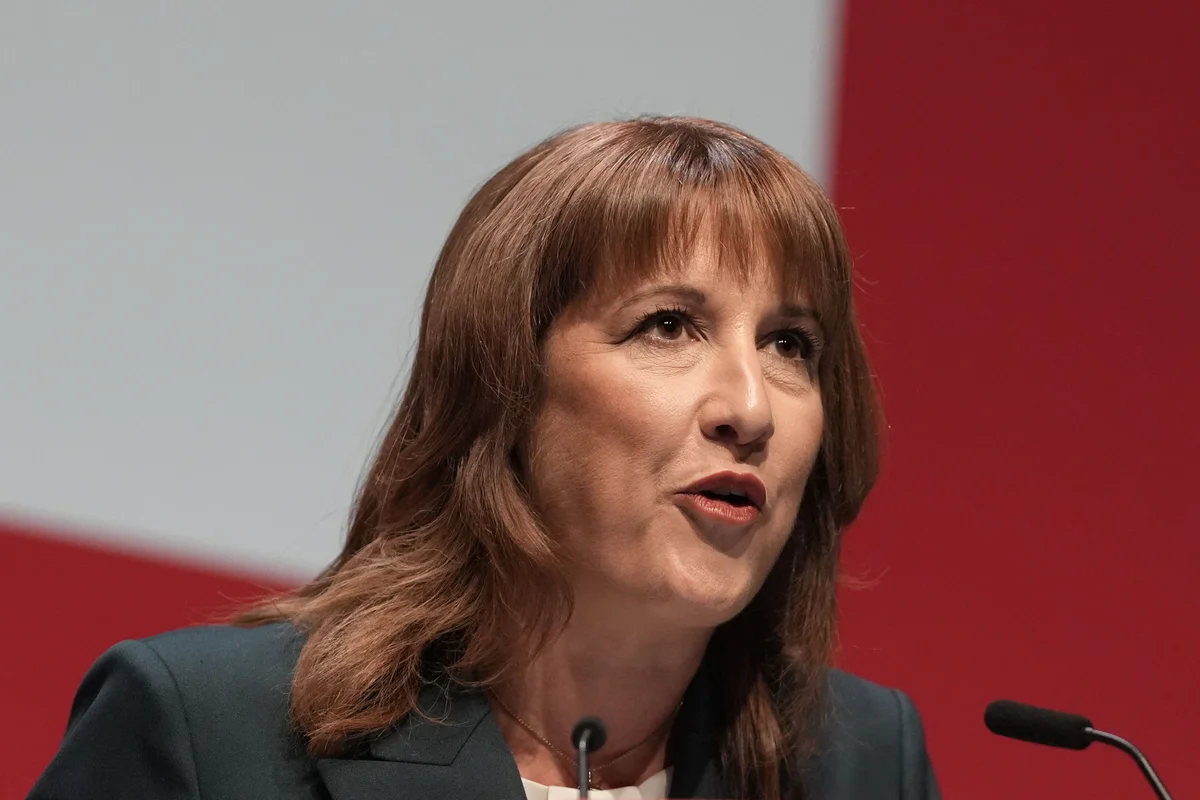Copyright gbcghanaonline

By Benjamin Nii Nai Anyetei The Minister of Education, Haruna Iddrisu, has firmly stated that Senior High Schools (SHSs) in Ghana will not allow students to wear long hair, insisting that schools are institutions for discipline and character formation, not fashion or beauty contests. Speaking at the 75th Anniversary Celebration of Mawuli Senior High School in the Volta Region on Saturday, October 25, 2025, the Minister addressed the ongoing public debate on whether students, especially girls with natural hair, should be permitted to keep long hair on campus. “We will not tolerate it today or tomorrow. The school environment is not a place for beauty contests,” Mr. Iddrisu stressed. His comments follow a viral video that reignited discussions about grooming rules in SHSs. The video showed a first-year student of Yaa Asantewaa Girls’ SHS in Kumasi crying while her long natural hair was being cut off as part of the school’s admission requirements. The footage, reportedly filmed by a barber without parental consent, sparked public criticism and renewed calls for a review of Ghana’s school grooming policies. Mr. Iddrisu, however, defended the existing rules, saying that maintaining uniformity and discipline was essential for student development. “If we give in to hair today, tomorrow it will be shoes, and the next day it will be the way they dress,” he said. “As part of our disciplinary measures, headmasters and the GES are empowered to take full control of how students behave on their campuses.” The Minister emphasised that secondary schools must remain guided by discipline, moral training, and character-building values, which, he said, have shaped generations of Ghanaian leaders. The Director-General of the Ghana Education Service (GES), who was present at the event, echoed the Minister’s remarks and reaffirmed the Service’s commitment to supporting schools in upholding discipline and uniform standards. The current debate mirrors a similar national controversy in 2021, when Achimota School refused to admit two students with dreadlocks, sparking legal and human rights discussions on school rules and cultural expression.



